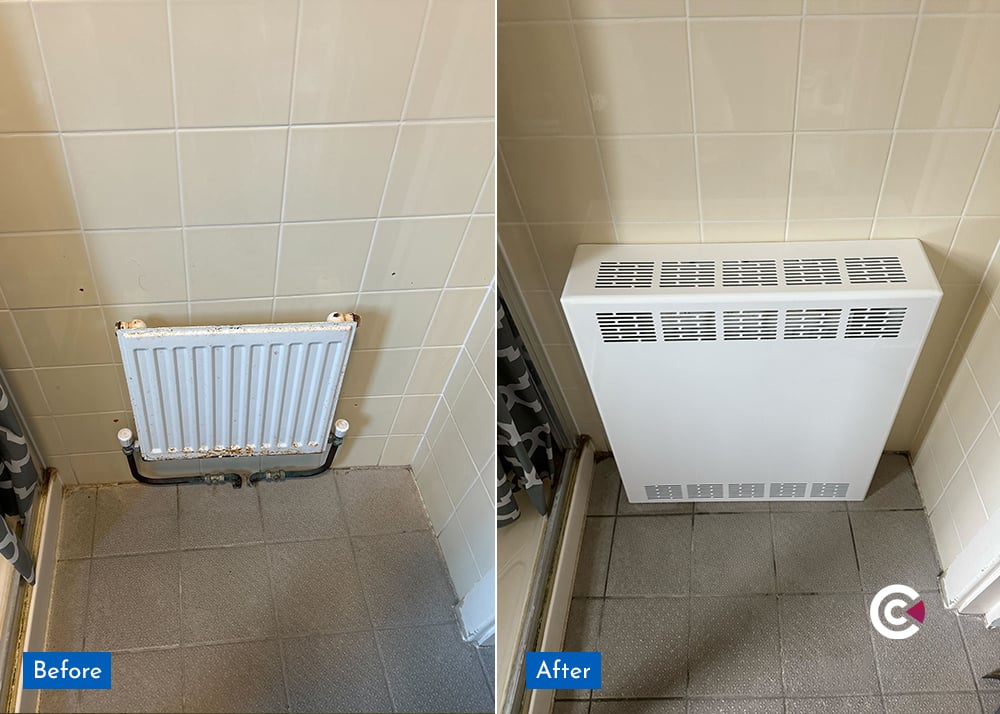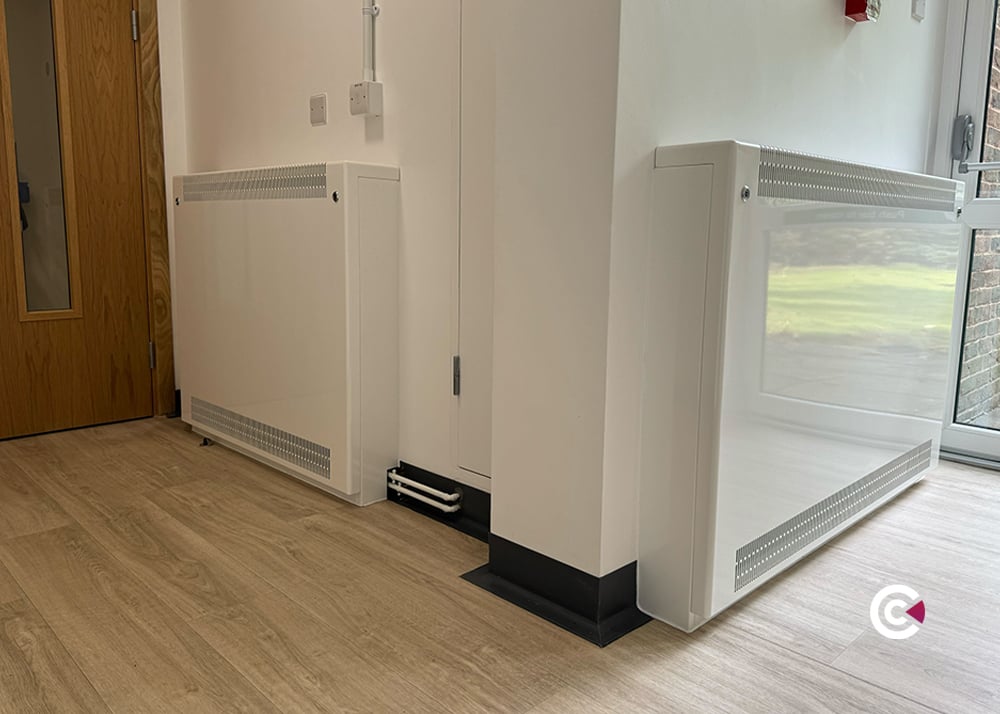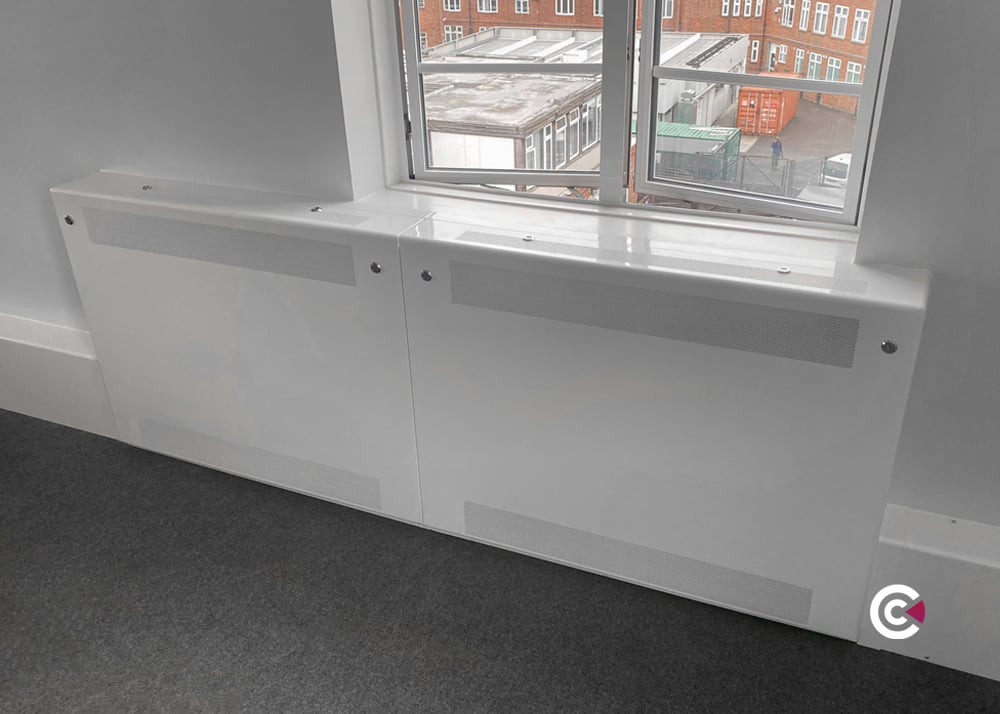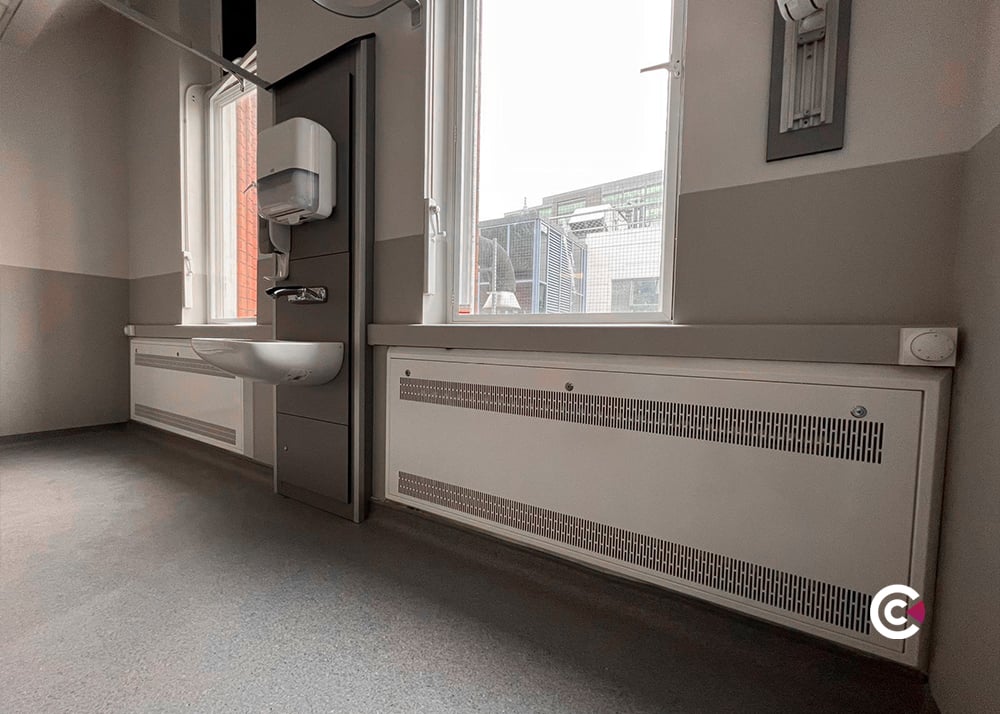Privacy is a key consideration when designing safer rooms in mental health, SEN, and secure care settings, but not all privacy solutions are created equal. Depending on the window’s position, the service user's needs, and the environment itself, the right level of screening can vary significantly.
At Contour, our anti-ligature window protectors can be specified with a range of privacy-enhancing features that reduce visibility from outside, while maintaining dignity, safety, and access to natural light.
So how do you choose the right one for your project?
Let’s explore the options.
1. Frosted Polycarbonate Vision Panels
Frosted panels are the simplest and most cost-effective way to limit visibility through a window. Light still enters the room, but the view is obscured in both directions, reducing the potential for visual intrusion from passers-by or staff.
They’re ideal for:
- Ground-floor windows overlooking courtyards or paths
- Inpatient bedrooms that require a balance of light and privacy
- Therapy or de-escalation spaces where external distractions must be minimised
- Settings where service user dignity is a priority
As the vision panel is still made from the same impact-resistant, fire-rated 8mm polycarbonate, there's no compromise on safety.
2. Mirrored Film for One-way Visibility
Where light levels allow, mirrored film can be applied to the internal face of the polycarbonate panel, offering a one-way view out while obscuring the view in. This is often used in observation rooms or where privacy is required without isolating the occupant from their surroundings.
However, mirrored film works best in specific lighting conditions and isn’t suitable for every environment, particularly where glare or artificial light may reduce its effectiveness.
It’s a strong choice for:
- Observation rooms
- Shared corridor-facing rooms
- Secure wards with passive supervision in place
3. Integrated Privacy Blind
The newest option, and one that offers the most control and flexibility, is the integrated blind system.
This blind sits fully enclosed between the window and the protector, and is operated using a tamper-resistant, anti-ligature dial. This means:
- The blind can’t be pulled down or used for self-harm
- It remains protected from damage or dirt
- Service users can control the level of light and privacy independently
This is especially useful for:
- Bedrooms with external-facing windows
- Rooms used at varying times of day (e.g. for therapy or overnight stays)
- Supporting circadian rhythm by allowing residents to control light exposure in a safe, structured way
The blind is also fire-rated and available in a range of colours and patterns, including blackout options for environments where sleep hygiene is critical.
What About Combinations?
Each privacy feature can be used independently, or in combination with others:
- Frosted polycarbonate + blind for flexible screening
- Standard clear panel + blind for maximum light with adjustable privacy
- Frosted polycarbonate + blind in observation areas
All solutions are fitted within Contour’s bespoke-sized anti-ligature window protectors, which include Secure cam locks for easy access and IP3X rated ventilation grilles for airflow.
Design with Privacy and Safety in Mind
Whether you’re designing a new facility or upgrading an existing one, privacy matters. Let’s work together to find the right window protector configuration for your space.
🔗 View the window protector range.
📞 Call us on 01952 290 498
📩 Email us at sales@contourheating.co.uk
-1.png)


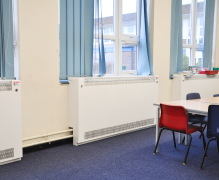
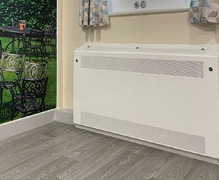
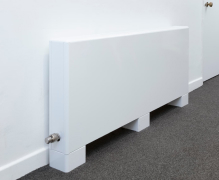

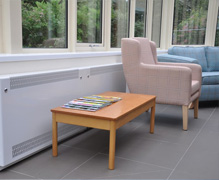

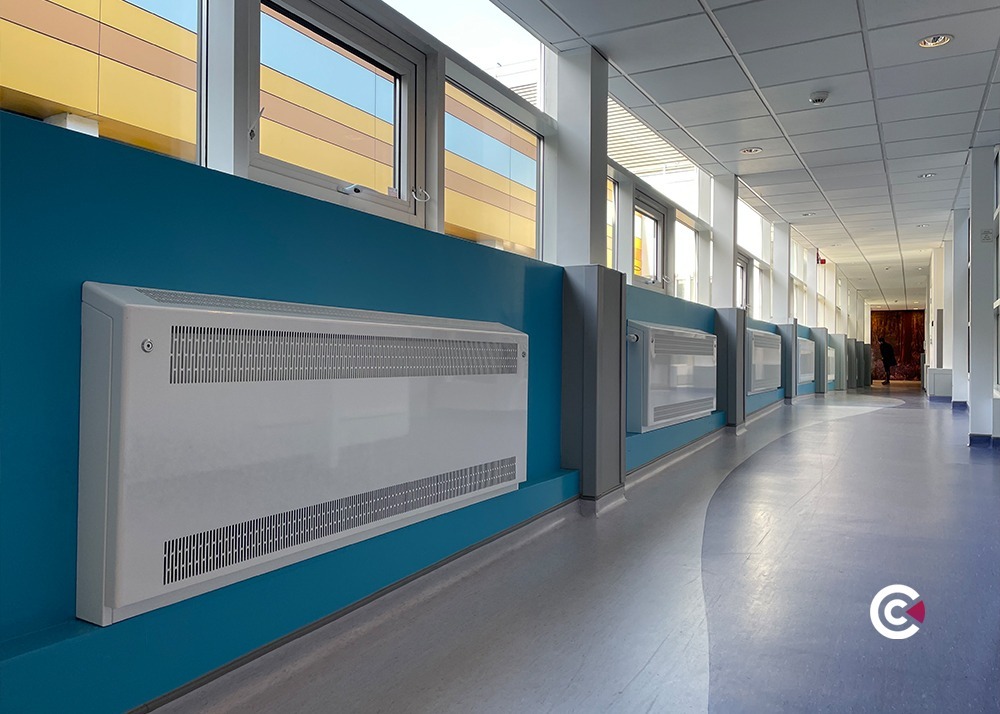
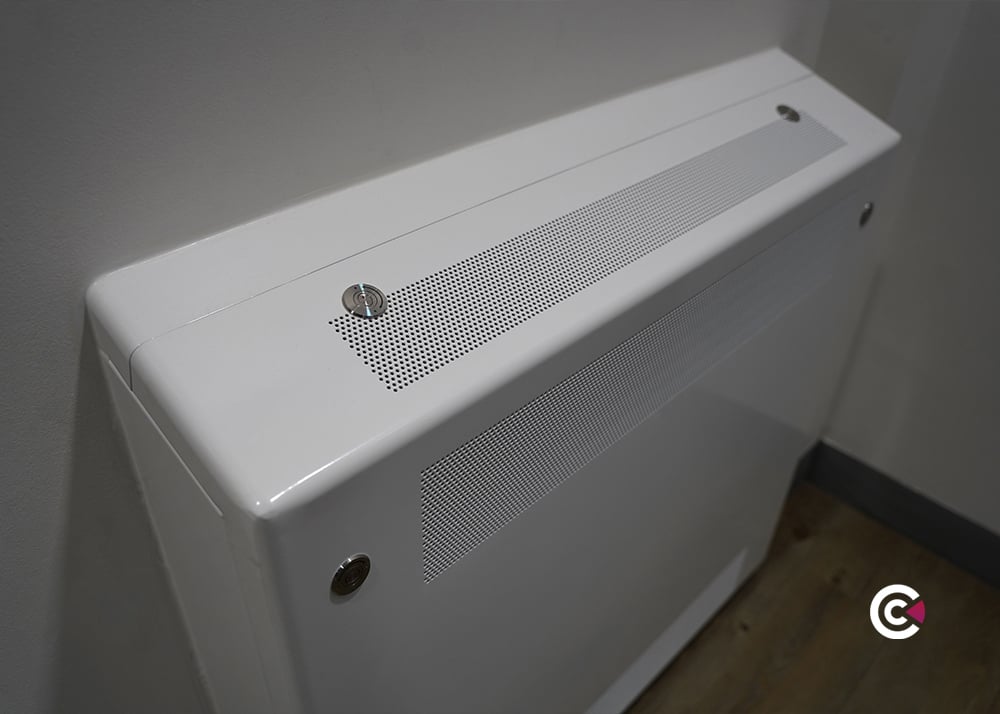

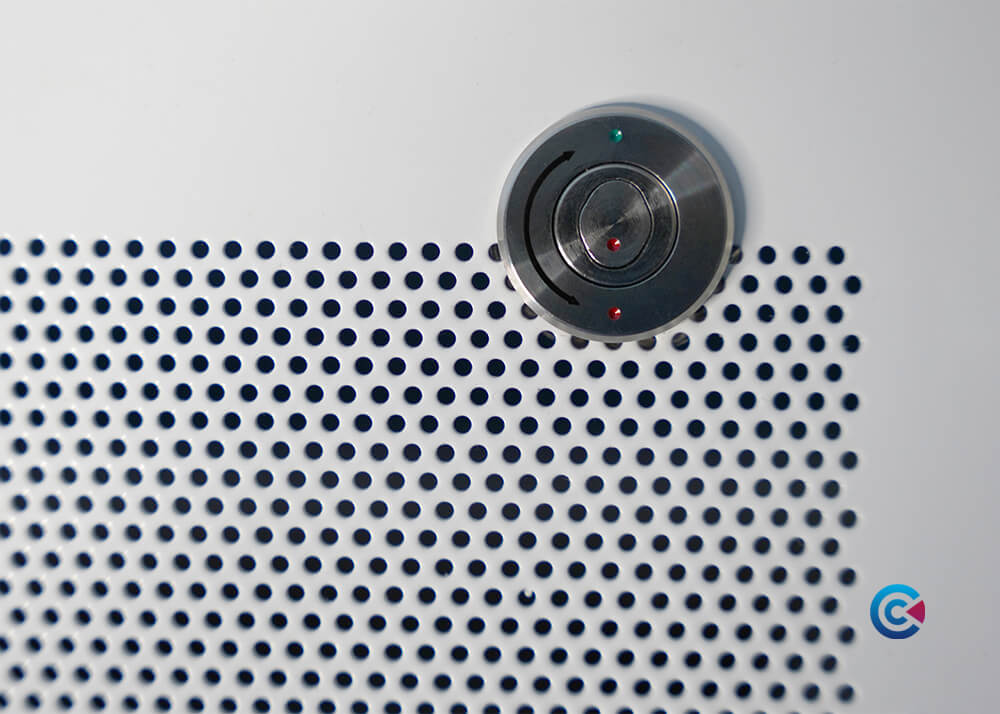







/anti-ligature%20vent%20grilles.jpg)

